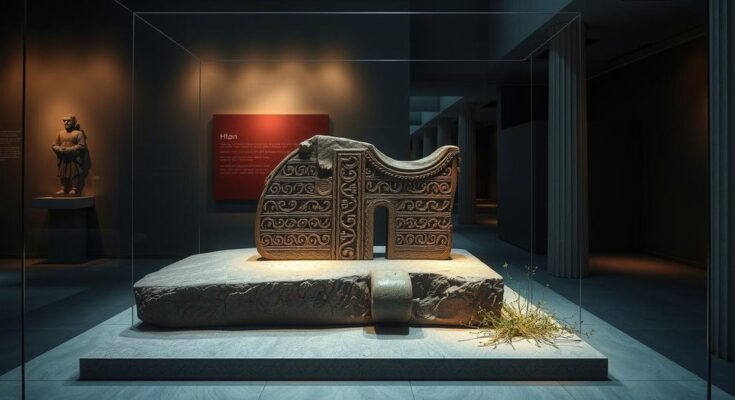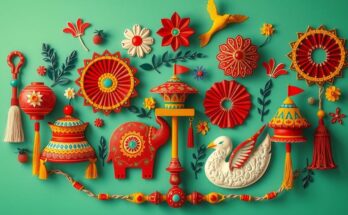Preserving our cultural heritage is a covenant we share with those who came before us, ensuring their legacies live on through traditions, languages, art, and artefacts. This commitment enriches future generations with wisdom and insight, showcasing the tapestry of human history where every thread of tradition matters deeply, fostering identity and understanding across diverse communities.
Cultural preservation stands as a beacon of the unique identities found in every corner of the globe. By celebrating traditions and artistic expressions, it instils a profound sense of belonging and continuity within communities. The rich tapestry of cultural diversity empowers societies, offering exquisite perspectives and collective wisdom—a celebration of what truly defines us as human beings.
Additionally, understanding societal evolution hinges on cultural preservation. Artefacts and traditions unveil narratives from ancient civilisations, enriching scholarly research and expanding our grasp of human history. The economic advantages are noteworthy, too; nations like Pakistan and India profit immensely from their historical heritage, drawing in tourists eager to explore the rich tales embedded in each ancient site.
The heartbreaking destruction of the Bamiyan Buddhas in Afghanistan underscores the urgent need for cultural preservation. These monumental statues, with roots in the sixth century, symbolised Afghan heritage, and their obliteration erased vital connections to the past. Similarly, the burning of the Library of Alexandria marked an immense intellectual loss, impacting humanity’s progression and thwarting the preservation of critical knowledge.
When we lose cultural heritage, we sever ties to our past, stripping away essential wisdom and identity. The demise of languages and traditions not only dilutes cultural diversity but stifles the rich spectrum of human experiences, hindering our ability to learn from one another’s unique narratives.
Moreover, neglecting cultural heritage jeopardises future generations’ connection to ancestral wisdom. The economic repercussions are dire; without historical sites, tourism dwindles, jeopardising the economic fabric of a society. The encroachment on culture curtails not only identity but also hinders education and economic growth, creating a downward spiral.
Safeguarding cultural heritage requires united efforts from governments, communities, and global organisations to protect artefacts, document traditions, and highlight their value. Educational initiatives cultivate appreciation and instil a sense of duty towards preservation, ensuring that cultural legacies are not lost.
In this digital age, technology has emerged as a powerful ally. Through digitisation, we can safeguard and globalise access to cultural artefacts, protecting them while fostering appreciation—a harmonious balance for the past and future.
Ultimately, cultural preservation transcends tangible relics; it embodies our shared humanity and diverse experiences. It weaves a sense of belonging and respect for cultural contributions into the fabric of our lives. By nurturing awareness amongst younger generations, we ensure a legacy rich with traditions and artistic expressions for those yet to come.
Cultural heritage preservation is a vital commitment to safeguarding traditions, arts, and languages for future generations. It enriches identities, fosters understanding, and supports economies, as seen in nations with rich histories. The destruction of significant cultural artefacts highlights the need for urgent action to protect our shared legacy. Collaboration and technology play key roles in this endeavour.
In conclusion, preserving cultural heritage is an essential duty that connects us with our past, enriches our present, and shapes the future. It fosters identities, promotes understanding, and sustains economic vitality, while the loss of heritage poses significant risks to cultural diversity. A collective effort is crucial in safeguarding these treasures, allowing future generations to inherit a vibrant tapestry of human experience and knowledge.
Original Source: www.thenews.com.pk



